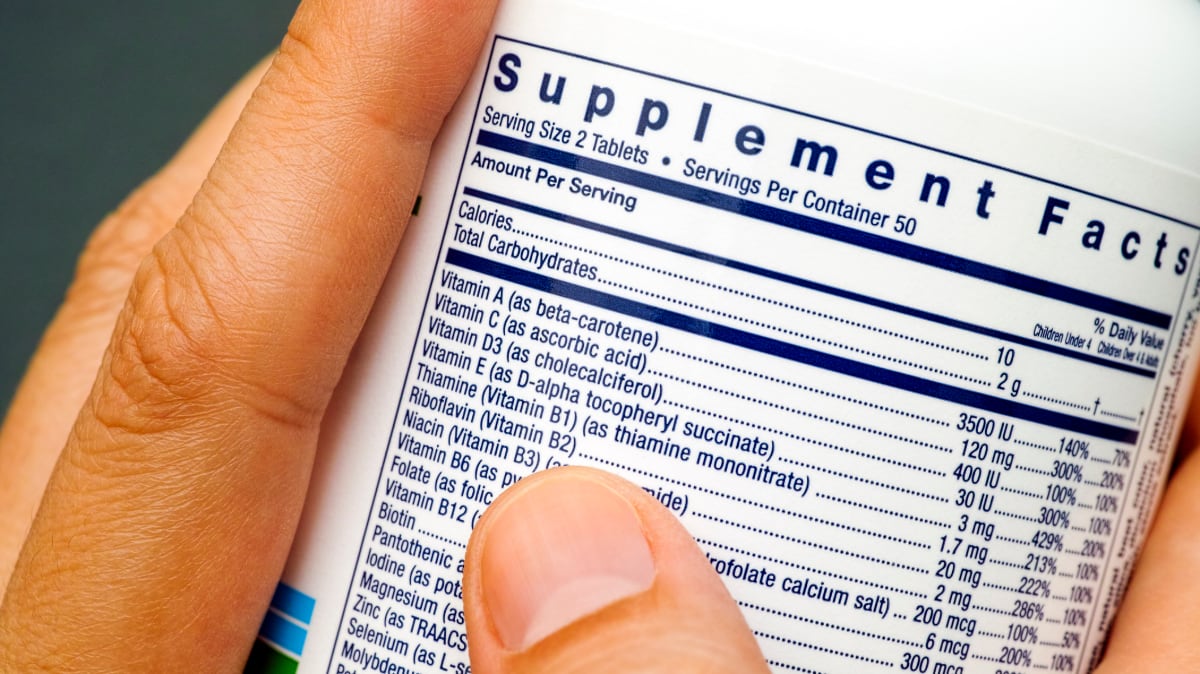Currently, it is classified as a medicine, meaning that vitamin C pills and tablets are subjected to price controls determined by the National Pharmaceutical Pricing Authority.
Short on vitamins
In recent times, however, this has caused shortages on the market, as suppliers have raised the prices of raw materials of active pharmaceutical ingredients (APIs), while manufacturers are still required to sell their vitamin C products at controlled rates (as low as Rs5 for 10 pills).
Pharmaceutical firms in India typically source sodium ascorbate, the basic ingredient, from China. However, prices have risen by more than 50% in the last year as Chinese authorities began shutting down a good number of manufacturing plants over environmental concerns.
This has led some Indian manufacturers to stop producing vitamin C products altogether, resulting in shortages within the last few months. Several pharmacists and chemists in the country have confirmed the shortages of popular products such as chewable vitamin C tablets, Celin and Limcee.
Their manufacturers, Glaxo SmithKline (Celin) and Abbott Healthcare (Limcee), have yet to comment publicly about the situation.
The case for reclassification
The Department of Pharmaceuticals — under the Ministry of Chemicals and Fertilisers — took the opportunity to state that vitamin C should be classified as a food supplement instead of a drug since it is found in many food products, including fruits and vegetables such as potatoes and oranges.
Reclassification would remove the price controls from vitamin C in India, and put the Food Safety and Standards Authority of India (FSSAI) in charge of overseeing the manufacture and sale of vitamin C products.
Senior consultant for internal medicine at Narayana Superspeciality Hospital, Dr Satish Koul, said that although doctors may recommend vitamin C supplementation to cancer, heart disease or patients, it is not a medicine but a "supplementary therapy".
Cardiologist Dr KK Aggarwal said that while vitamin C was once used to treat scurvy — a form of vitamin C deficiency — the disease was now rare and, considering the abundance of vitamin C in food, should be considered a food supplement instead of a drug.
Sandeep Gupta, vice chairman of the Indian Drug Manufacturers' Association's (IDMA) nutraceutical committee and director of the Expert Nutraceutical Advocacy Council (ENAC), told NutraIngredients-Asia: "Vitamin C is a powerful antioxidant and vital nutrient required for many bodily functions, such as immune system protection, iron absorption, collagen formation, wound-healing, and many other benefits for both young and old.
"When vitamin C was first subjected to price controls two decades ago, lots of manufacturers lost interest in it as a mainstay product, as it became operationally and financially impractical to produce. The larger players did continue production, but consumers were still affected by limited availability and accessibility."
He added that since the human body did not produce vitamin C, it would be impractical for people to rely solely on dietary intake to ensure sufficient vitamin C levels. Daily supplementation, therefore, would be a safe, effective solution.
India is no stranger to micronutrient deficiencies, and vitamin C is among the essential nutrients much of the population lacks.
Healthy for business
Gupta added that the reclassification of vitamin C as a food supplement would also benefit businesses as it would result in a large number of manufacturers to restart their production of vitamin C products, especially since manufacturing costs in India were lower than in many other countries.
As such, he said: "These supplements will still remain cost-effective for Indian consumers, while international companies can source from Indian manufacturers. This way, the cost can be substantially managed, and may even benefit global consumers as well."
With regards to how reclassification would benefit vitamin C suppliers, he said it would depend on how quickly the Indian government were to enact the change.
"The FSSAI will have to roll this out efficiently, keeping in mind the perspective of benefiting the Indian population. This would be a welcome move, as it would show that the FSSAI has the public's interest in mind."



